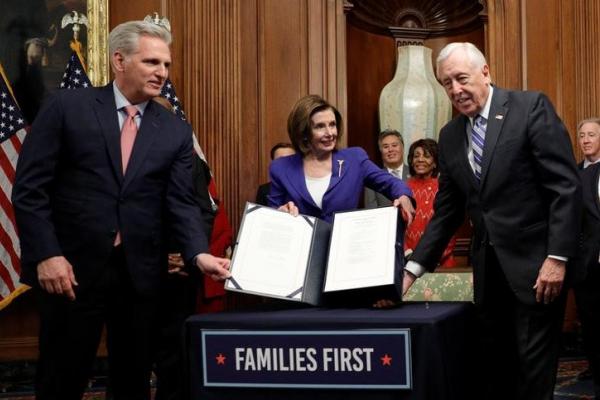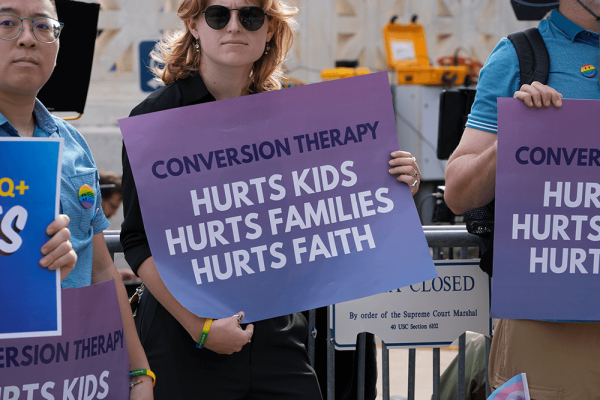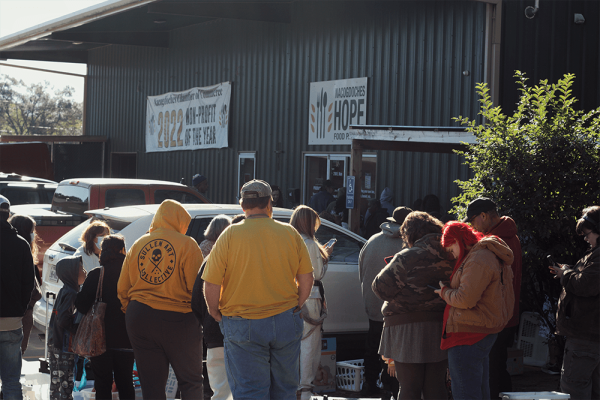For the 75 million Americans under virtual lockdown in the battle against COVID-19, the writing on the wall is clear: Stay home, stop the spread. Yet, for the two million domestic workers in the United States, the demands of social distancing and the realities of the virus can be a minefield.
“Honestly, I’m scared of getting sick and passing it to the client,” said Lee Plaza, 60, a home care worker from Los Angeles. “I have to stay positive, I try my best to keep calm ... It’s really very heartbreaking.”
Like grocery store workers and first responders, domestic workers occupy a space on the front lines of the pandemic. While some care for the elderly and people with chronic illnesses in their homes, others face dwindling job prospects, with little savings to stock up on the groceries and cleaning supplies Americans have flocked to stores for.
But some businesses have ramped up efforts to hire janitors and domestic workers to fill the need for cleaning services created by COVID-19. Help-wanted ads for cleaners are projected to spike 75 percent in March compared to the same time last year on the job platform ZipRecruiter. But this isn't always positive.
“They want us to do double cleaning work for the same pay,” said Ezzie Dominguez, 38, a house cleaner and nanny from Denver.
For Dominguez, who is immunocompromised, the coronavirus pandemic has dramatically affected her life in a multitude of ways: “emotionally, economically, and spiritually.”
After her husband was laid off, Dominguez became her family’s sole source of income. Without her job as a nanny during this pandemic, she works a day job at a nonprofit and works long hours cleaning large buildings at night and on weekends. Because she is not able to work from home, she risks exposure to the virus and the harsh chemicals she works with. Her only protection is a bandanna which she wears as a makeshift mask.
“When I go home, I completely undress and run for the showers so I won’t spread anything to my family,” she said. “It literally turned out to be a nightmare job.”
Domestic workers aren’t the only low-income workers to have been plunged into financial hardship by the outbreak. Last week, initial jobless claims soared to 3.28 million, according to the U.S. Department of Labor.
The U.S. Senate reached an agreement on a $2 trillion relief bill on Wednesday that was officially passed by the House of Representatives Friday. This bill now heads to President Trump for final approval. But Julie Kashen, a senior policy advisor for the National Domestic Workers Alliance (NDWA), argues that many domestic workers will not receive their fair share of assistance, especially those that lack health insurance or are undocumented.
“Our understanding is that Senator Schumer was able to include some relief for workers through direct assistance and unemployment insurance expansion, relief for state and local governments and support for hospitals ... but we worry that many domestic workers will still be left behind,” she said.
In order to assist the domestic workers that are “left behind," the (NDWA) has created a fund to assist domestic workers who are struggling with the pandemic. So far, they have raised over two and a half million dollars.
According to a 2017 study by the NDWA, the majority of domestic workers in the U.S. are women, and almost half are immigrants. Ai-jen Poo, NDWA's executive director, argues that the preexisting disparities are only exasperated by a crisis like the pandemic.
“Across the board, there's a huge need,” said Poo, highlighting that the fund will provide “emergency assistance for domestic workers to support them in being safe and staying home to help slow the spread of the virus and to care for themselves and their families.”
Dominguez maintains that domestic workers should not be “left behind” by pandemic relief efforts despite the reality that their work can be overlooked.
“I want everyone to know that cleaners, nannies, and caregivers — we are human beings. We are not invisible,” Dominguez said. “We have voices, and we have families too.”
Got something to say about what you're reading? We value your feedback!







